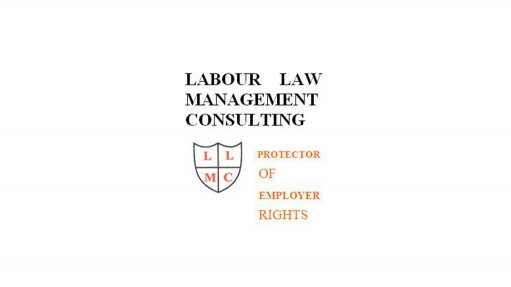
Where employees are retrenched the Basic Conditions of Employment Act (BCEA) requires employers to pay the retrenchees severance pay of at least one week’s remuneration per year of completed service. It is stressed that the retrenchees are entitled to such severance pay in addition to their normal remuneration and benefits for time worked/work done, leave pay, notice, retirement fund withdrawal benefits and any other amounts due.
The statutory requirement for the payment of severance pay covers only cases where the employment is terminated due to the operational requirements of the job (better known as retrenchment). That is, the BCEA does not require the payment of such severance pay in cases of resignation, retirement, death, expiry of an employment contract, dismissal for misconduct, poor performance, illness or other reasons. However, the law does require such severance pay for longer term limited duration contracts in some cases.
The only exception to the requirement to pay severance pay to retrenchees is where the employees unreasonably refuse an offer of alternative employment. What is meant by the term “unreasonably refuse” in not entirely clear because the term ‘unreasonable’ is subjective. That is, it is very likely that an employer would consider the offer of a lower post to a retrenchee to be fair but an employee who might stand to get a big retrenchment package may believe that refusing a demotion is very reasonable. The BCEA neither defines what is ‘reasonable’ nor provides guidelines for determining whether a refusal of alternative employment is unreasonable. It is therefore left to employers, employees and trade unions to fight this out based on their own viewpoints. It is also up to the CCMA, bargaining councils and courts to develop their own interpretations of this provision.
Section 41(6) of the BCEA provides that any dispute about the entitlement to the statutory severance pay may be referred to a bargaining council (BC) or CCMA. Should conciliation fail the dispute must be arbitrated at the BC or CCMA. The issues that might come before an arbitrator (who is like a judge) could be:
- Is the applicant eligible to be considered for severance pay?
- Is the retrenchee entitled to severance pay despite having been offered alternative employment?
- The aspects of the employee’s pay that are to be included in the severance pay calculation.
In calculating severance pay the employer is normally entitled to exclude:
- Tool of trade allowances
- Discretionary profit shares
- An isolated lump sum payment
- Education allowance
- Relocation allowance
- Taxi or bus fare allowances
However, items that the employer should include are:
- Salaries
- Overtime pay
- Performance bonuses
- Non-discretionary 13th cheques
- shift allowances
- standby allowances
- working away from home allowances
- Allowances for private travel
- Private use portion of a company car
- The employer’s contribution to benefit schemes
- Payments in kind
- Commission
The issue of retrenchments in general and of assessing severance pay in particular are practically complicated and fraught with legal complexities. Employers are therefore not advised to deal with these without the assistance of an experienced and reputable labour law advisor.
To buy the E-Book, WALKING THE NEW LABOUR LAWTIGHTROPE please contact Ivan via ivan@labourlawadvice.co.za or 011-8887944
Written by Ivan Israelstam, Chief Executive of Labour Law Management Consulting. He may be contacted on (011) 888-7944 or 0828522973 or on e-mail address: ivan@labourlawadvice.co.za. Go to: www.labourlawadvice.co.za.